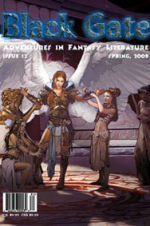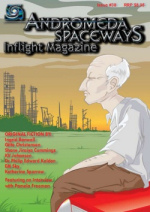 Established: 1988
Established: 1988
Editors: Kathryn Cramer, Kris Dikeman, David G. Hartwell, & Kevin J. Maroney
Overview:
NYRSF is a monthly 24-page magazine of book reviews and criticism covering the science fiction and fantasy field published by Dragon Press, and run by an all-volunteer staff. The New York Review of Science Fiction was founded in 1988 by a group of people who were at that time the editorial staff of the Little Magazine. They included David G. Hartwell, the publisher of the magazine, who had been a founder of the Little Magazine (then known as The Quest, edited and published by Alexis Levitin) twenty-two years before, in 1965. Others were Samuel R. Delany, at whose Manhattan apartment meetings were held weekly, Kathryn Cramer, Patrick Nielsen Hayden, Teresa Nielsen Hayden, and Susan Palwick were the editorial board, and Tom Weber (who resigned at the first issue) and Greg Cox (his replacement, the first one not from the Little Magazine) were staff. Patrick Nielsen Hayden designed the magazine, and the look and feel has remained
substantially the same since the first issue.
Contributors to the magazine have included Brian Aldiss, Eleanor Arneson, Brian Attebery, Gregory Benford, Michael Bishop, Jenny Blackford, Russell Blackford, Damien Broderick, John Clute, F. Brett Cox, L. W. Currey, Samuel R. Delany, Candas Jane Dorsey, David Drake, L. Timmel Duchamp, Andy Duncan, Kathleen Ann Goonan, Joan Gordon, Howard V. Hendrix, Gwyneth Jones, Michael Kandel, James Patrick Kelly, John Kessel, David Langford, Justin Larbastier, Rob Latham, Jonathan Lethem, Richard A. Lupoff, James Morrow, Larry Niven, Patrick O’Leary, Rebecca Ore, Alexei Panshin, Daniel Pinkwater, Charles Platt, Frederik Pohl, Rachel Pollack, Paul Preuss, Kit Reed, Bruce Holland Rogers, Rudy Rucker, Jessica Amanda Salmonson, Darrell Schweitzer, Deliah Sherman, Tom Shippey, Graham Sleight, Brian Stableford, Michael Swanwick, Jean-Louis Trudel, Alice K. Turner, Jeff VanderMeer, Ian Watson, Don Webb, Janine Webb, Gene Wolfe, Zoran Zivkovic, and many others.
Awards and Recognition:
NYRSF is a winner of the Readercon Small Press Award; NYRSF been nominated for the Hugo Award every year of its publication since 1989.
Other Items of Interest:
For 19 years, there has been a reading series associated with NYRSF: The New York Review of Science Fiction Reading Series has showcased some of the most prominent and upcoming authors in the genre. However, the series’ commitment to providing a venue as an ongoing science fiction reading series in New York City, is open to all works of speculative fiction, whether they be works of fantasy, magical realism, horror, or science fiction. The range of writers who have participated in the series speaks of not only of its diversity, but its quality as well. Jonathan Carroll, Susanna Clarke, Samuel R.
Delany, Ellen Kushner, Ursula K. Le Guin, Jonathan Lethem, Patricia A. McKillip, Walter Mosley, Naomi Novik, and Peter Straub are among the authors who have participated. The reading series typically showcases two authors, once a month.
Website:
www.nyrsf.com
Information provided by Kathryn Cramer.
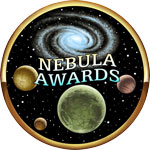 The 2009 Nebula Awards ballot is now available and includes the following works originally appearing in semiprozines:
The 2009 Nebula Awards ballot is now available and includes the following works originally appearing in semiprozines: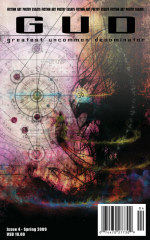
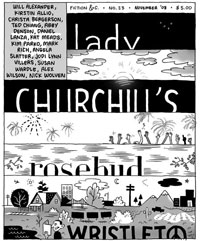 Established: 1996
Established: 1996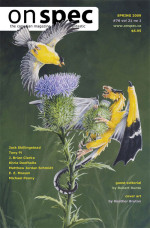 Established: 1989
Established: 1989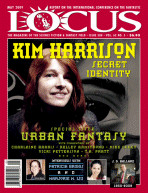 Established: 1968
Established: 1968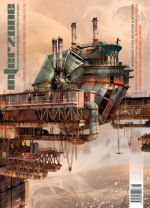 Established: 1982
Established: 1982 Established: 1988
Established: 1988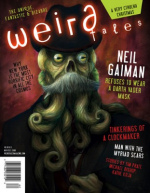 Established: Originally founded in 1923; relaunched spring 1988.
Established: Originally founded in 1923; relaunched spring 1988.